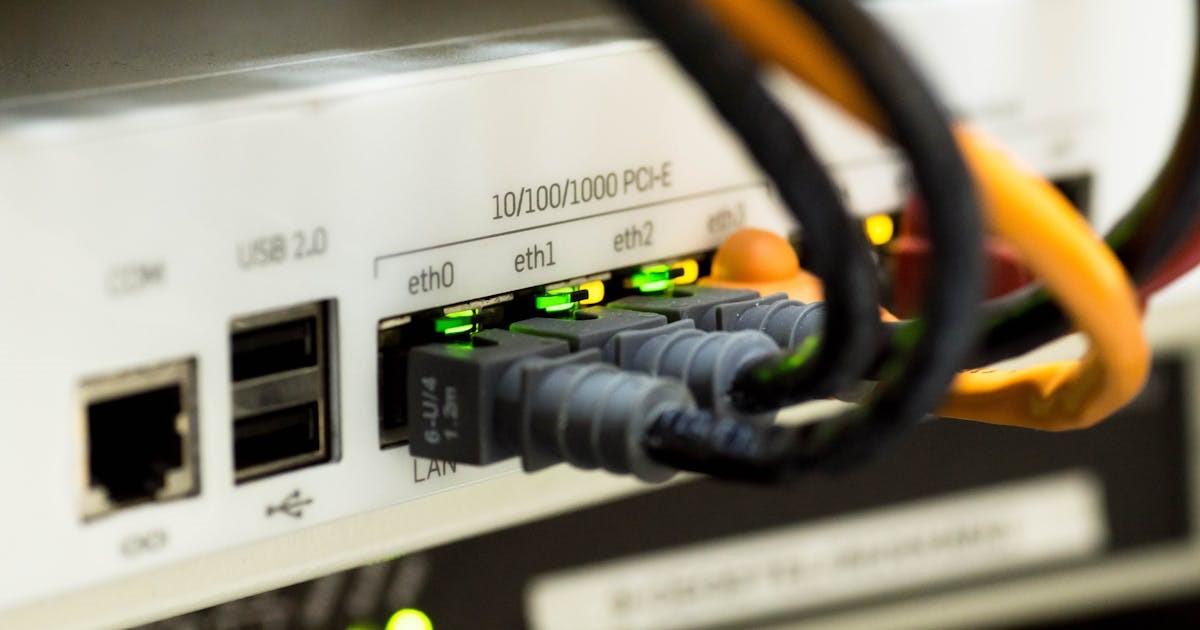Internet of Things: What is IoT and How to Use it in Your Company
By: TextSpeakPro Editorial Staff
Published: 2024-04-15

In this article, you will understand what the Internet of Things (also known as IoT) is, which is being talked about so much. Furthermore, you will see some ways to use it to benefit your company, optimize your business, and increase profits.
What does the Internet of Things mean?
Even if you don’t know how to define it precisely, if you’ve only heard of IoT, you probably already use it daily.
Do you have a smartwatch? Do you have an Alexa? So, ready: use the Internet of Things.
IoT is simply the technology that allows ordinary things such as televisions, refrigerators, and automobiles to connect to the internet via embedded devices.
It is a meeting between the physical world and the digital world capable of increasing our comfort, helping us improve processes, and creating routines that our ancestors could not even dream of.
It is also worth saying that although the Internet of Things is not such a recent invention, it only became so accessible and practical thanks to the evolution and creation of some technologies
Reliable sensors have become more affordable, for example. Cloud communication platforms too.
Not to mention, of course, the many advances in the field of artificial intelligence, especially in NLP (natural language processing), which have made personal assistants like Alexa and Siri possible, accessible, and charming.
And you can’t talk about IoT without mentioning machine learning. Another technology that, combined with the Internet of Things, has made companies’ lives much easier, enabling, for example, better use of data and an increase in the speed of generating insights.
And while we’re talking about business…
IoT for companies?
Anyone who thinks that IoT is only used to help us have better interactions and experiences with our homes and appliances is mistaken. It’s great for business too!
For example?
The Internet of Things allows companies to monitor the functioning of their systems in real-time.
The technology enables uninterrupted extraction of valuable data on machine performance. Data related to logistics, supply chains… Data about almost everything!
Another great wonder of IoT for companies is the automation of processes, the direct consequence of which is usually the reduction of costs and the elimination of waste.
And don’t think that IoT only makes sense for IT companies. None of that! It has already been used successfully in the finance segment, in health, in retail, in the automobile world, and even in agriculture — sensors monitoring crops to reduce risks and increase productivity.
The intersection between sensors, identity chips, and communication devices with cloud systems and data analysis has resulted in significant advances in automation for companies of all sizes and segments.
How can IoT be applied to your business?
Inventory management
The Internet of Things is one of the automation pillars used in Logistics 4.0 (a method for managing the flow of inputs and goods in a business).
It makes the lives of managers a lot easier. Allowing a more macro view of the management process and reducing the time dedicated to various tasks.
Below, are three examples of IoT applied to inventory management.
Voice picking
It allows order separation without using paper and pen, just by voice command. Making the employee’s day-to-day life more agile and productive.
RFID
It is a process that uses electromagnetic waves or radio signals to track and collect information from products.
This eliminates the need for manual counting, which reduces the chances of errors in stock management.
Cross Docking
It is a distribution system in which the product skips the storage stage: after the order is placed by the customer, the product goes to a distribution center and, from there, straight to its destination.
This makes life easier for the company, which does not need storage facilities or a lot of stock. Not to mention that cross-docking reduces product delivery time and, as a consequence, tends to increase consumer satisfaction.
For this, storage software, integrated management systems and load monitoring are generally required. In other words: IoT is in your veins!
Using data to provide better user experience and optimize company processes
If there is one field in which IoT has made a real revolution, it is data processing.
Now, with the help of the Internet of Things, companies have much more access to the data of those who use their products and services through apps and devices.
More than that: they can see and analyze behavior patterns, and, thanks to this, they can provide an increasingly better experience to the user.
Furthermore, IoT devices allow companies to use data more intelligently, focusing on business growth; to better understand what consumers are looking for, what the purchasing cycle has been like, which marketing approaches have worked, and so on.
IoT to expand product and business lines
IoT came to help centuries-old companies create innovative products, with more added value, thus remaining attractive to the most modern and demanding consumers.
John Deere, for example, which has been manufacturing agricultural equipment since 1837, has relied on technology to create lines of autonomous tractors and agricultural solutions capable of monitoring crop levels and soil health 24 hours a day.
The same line expansion movement occurred at home appliance giants, such as LG, Samsung, and Electrolux. They took advantage of IoT to put smart refrigerators on the market that make calls, play audio, and allow internal content to be seen without the need to open doors.
Improve the Omni-channel experience
Everyone already knows that omni-channel is a retail trend. After all, ensuring that the consumer does not see the difference between the physical and digital world is very important.
What many people haven’t noticed is: that thanks to IoT, this type of approach has become even more efficient, making it much easier to supervise operations in remote locations, for example.
Now, due to sensors embedded in devices and constant data collection, it is easier to know when to send immediate support and what measures can be taken to enrich the customer experience.
Energy saving
Electricity is, without a doubt, one of the most significant expenses for some companies. IoT has enabled the creation of autonomous devices capable of helping to make more conscious use of it.
These are tools that help companies with monitoring and reporting. More than that: they carry out real-time analyses, calculate energy efficiency and other very useful data so that there is no waste.
Furthermore, IoT devices can also help maintain room temperature, which can be vital in certain businesses.




